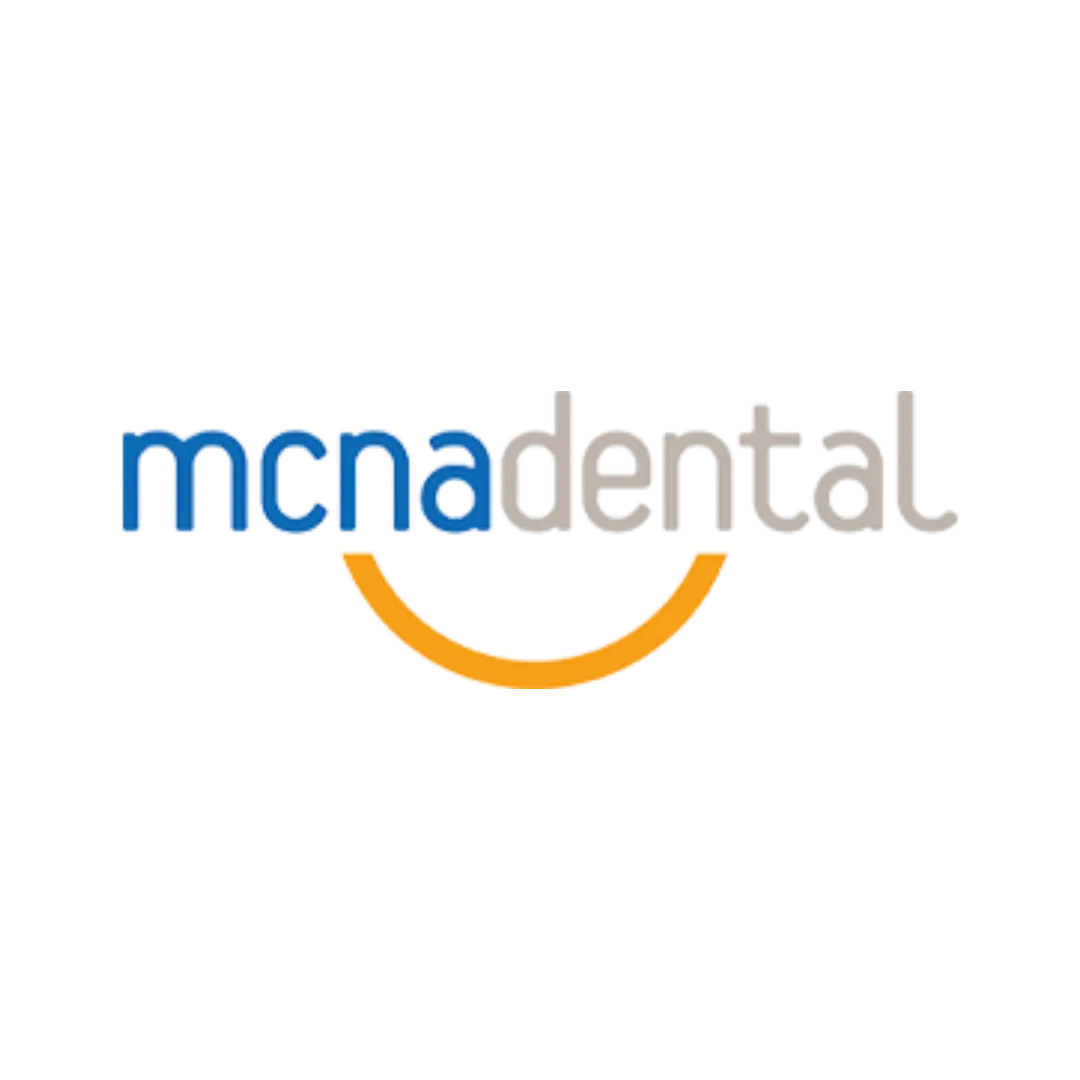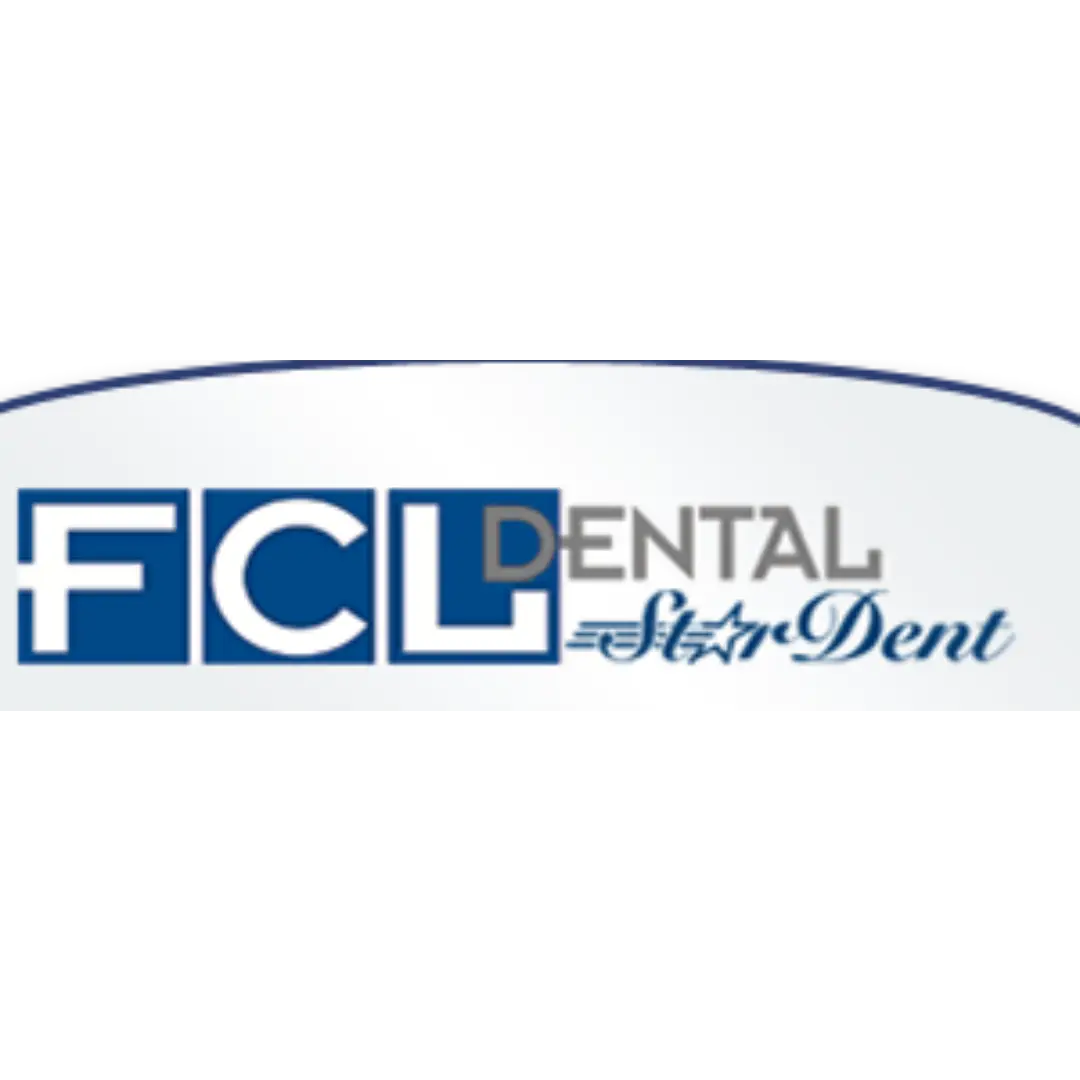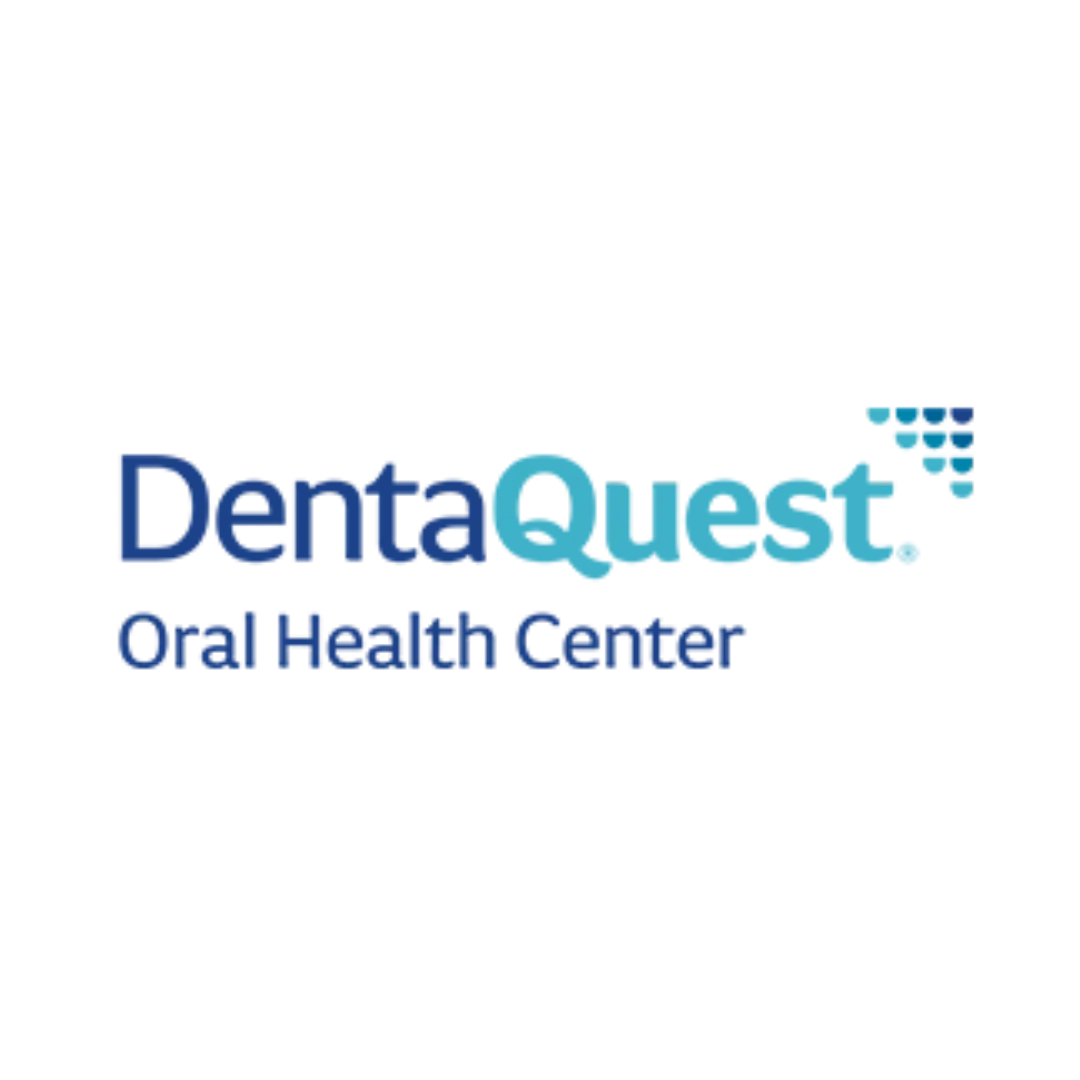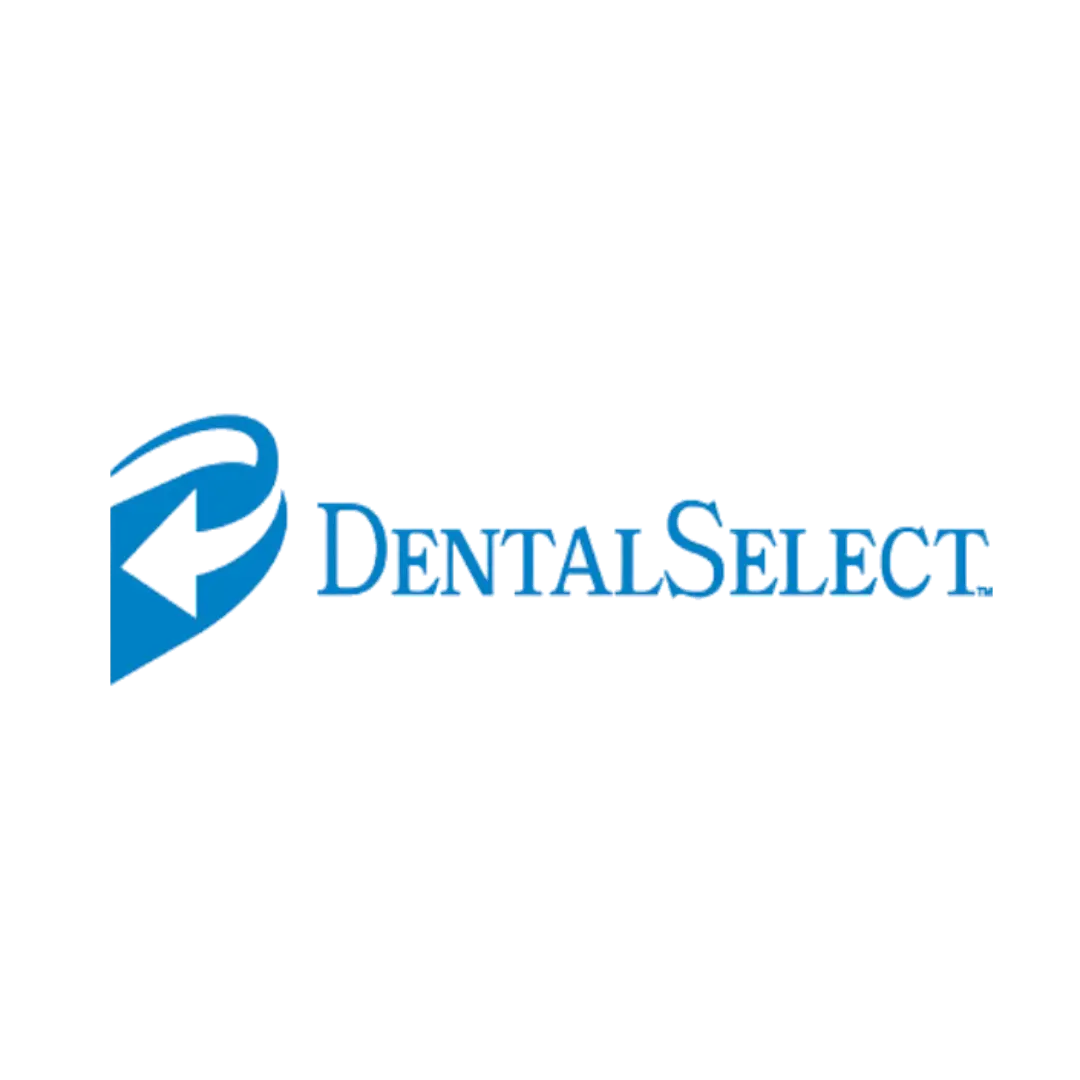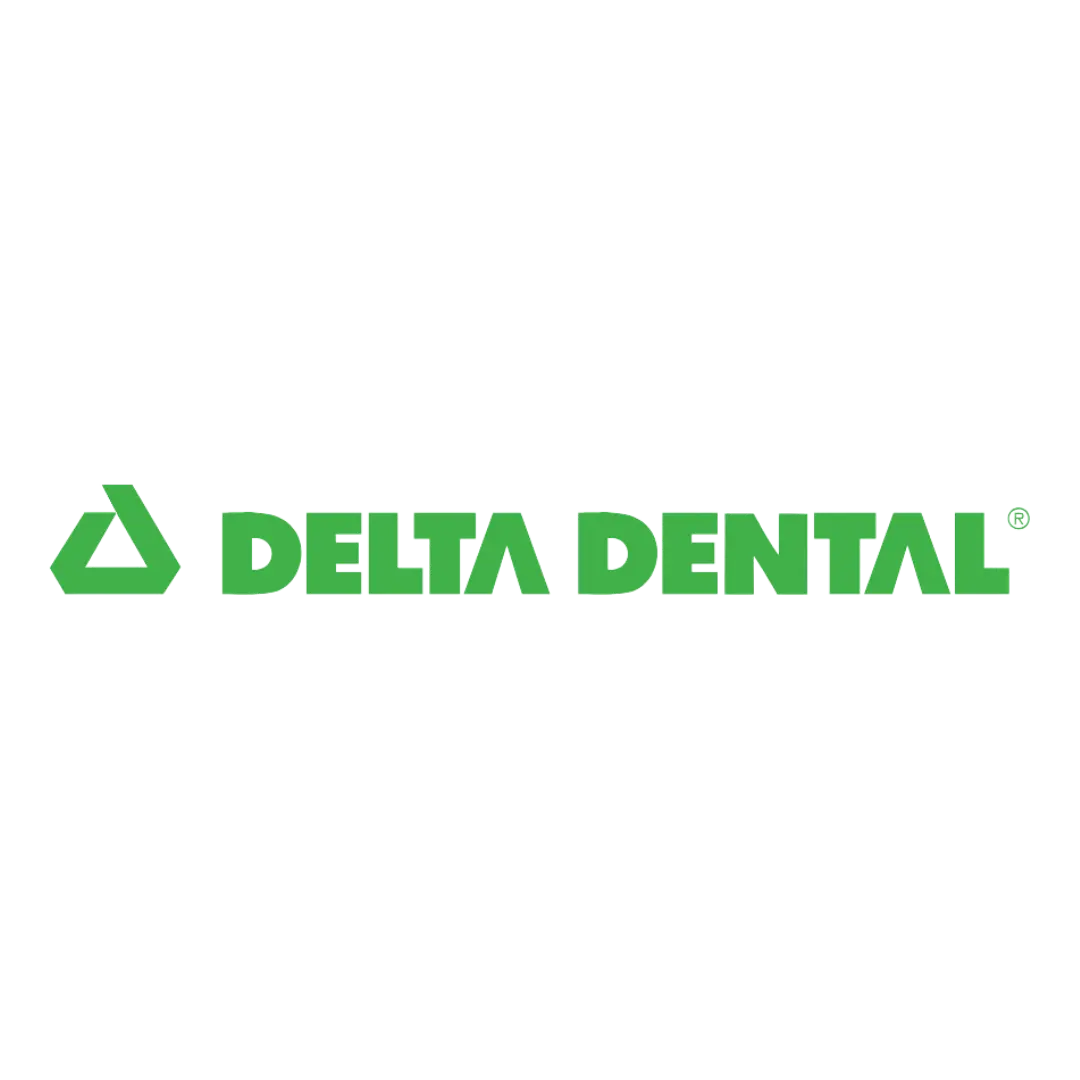While teeth cleaning and examination are important, most people don’t seek out the services because of phobia. This is where sedation dentistry in Katy, TX, comes in. Dentists nowadays are more likely to use sedation like nitrous oxide and oral conscious sedation throughout a procedure to ensure that the patient feels less pain and enjoys a better experience.
Dentists can use sedation dentistry for many reasons, but it is mostly used to make people feel more comfortable during their procedures. People undergoing the procedure are relaxed and feel much calmer. The patient usually feels better about 10 minutes after the sedatives are administered.
Table of Contents
What is Sedation Dentistry?
Dental sedation is the numbing of a person to take away their anxiety of having dental procedures done. The sedatives can be administered via the nose, mouth, or intravenously. A sedation dentist will recommend a sedation method that is best suited for each patient. The sedation technique used in dentistry comes in four types: conscious sedation, moderate sedation, deep sedation, and general anesthesia.
Conscious sedation is considered one of the safest sedation, and it involves sedative medications such as nitrous oxide (laughing gas) and oral sedatives. This type of sedation allows the patient to be sedated, without being unconscious or asleep. Depending on how much sedation a patient needs, conscious sedation can range from deep to light sedation.
Light sedation is used when sedating a patient for simple procedures such as restorative dentistry (fillings) or extractions. The patient remains relaxed, but can also respond to verbal cues from the dentist and staff. In deeper sedation, the patient is still conscious but less aware of what is going on.
What are the Different Types of Sedation Dentistry?
Dental sedation is a process that makes it possible for a dentist to provide treatment that would otherwise be painful. A dentist might use medicinal sedation to ensure the safety of the patient while providing treatment.
Sedatives are administered to help patients relax during dental procedures. The medications cause relaxation and drowsiness, but they do not cause unconsciousness. Some patients who require dental treatment may require both sedatives and anesthesia.
There are different types of sedation dentistry near you, but two are the most common: oral sedation and inhaled gas.
- Oral Conscious Sedation
Oral sedation is a very effective and efficient type of sedation that can be administered through the mouth. The dentist can also give pill sedation if you struggle with sleep or cannot tolerate any other form of anaesthesia.
- Inhaled or laughing gas sedation?
Inhaled sedation provides relief from anxiety and pain without making people fall asleep during procedures.
Nitrous oxide is a compressed gas that takes effects minutes after it has been given. It also wears out as fast, probably why it is used on children too.
The Benefits of Sedation Dentistry for Patients and the Dental Team
Sedation dentistry in Katy has been around for a while, and it offers several benefits.
It can help speed up dental work, reduce patient anxiety levels, and make the experience more comfortable. It also improves the time taken to carry out a procedure.

Who Needs Sedation Dentistry?
There are many reasons that a patient might need sedation during a dental procedure. Sedation dentistry is used to calm the patient down and take away all of their pain and anxiety. Sedation can also provide relief for some patients, especially those with chronic pain or extreme anxiety.
While sedation dentistry is recommended for more people, some patients will benefit more from it. For example, someone suffering from severe anxiety or gag reflex may require sedation for the procedure to remain comfortable throughout it.
What are the Side Effects of Sedation Dentistry?
Sedation dentistry is non-invasive and makes you feel less pain during dental procedures. It can be used for teeth cleaning, filling cavities, and removing teeth. But, it is not without flaws. Some side effects of sedation dentistry in 77449 include:
- Dry mouth
- Lightheadedness or dizziness
- Nausea and vomiting
- Grogginess
- fatigue
These problems, however, tend to clear after a couple of hours.
Schedule an Appointment
Visit Charm Dental Katy for more information about sedation dentistry in TX, and what you can expect.













